FASCIST MUSIC
 Ah, the late Olivia-Newton John. For people of a certain age, she was a national treasure. I am not of that age. But I respect that she briefly and spectacularly charmed Generation X in their formative years. Everything about her was a little fascist, from the perfect hair and teeth to the tiny amount of faux sweat or dirt her dramatic and musical characters would apply in order to get street credibility. "Magic" is her fascist apex. Musically, it sounds like a coke den. This is particularly true in the main riff, a dissonant two-note half-step. Lyrically, I don't know how it could be more fascist; it consists of a set of orders from an omnipotent, supernatural, and ostensibly benevolent narrator. The video looks like a coke den except for ONJ herself, who is still wearing the headband from "Physical" just like Mussolini wore his trademark sashes so the peasants would instinctively fear him. And the context was the soundtrack for an overwrought, soulless, expensive, spectacularly disastrous movie that forever became shorthand for failure: Xanadu. So yeah, fascist. But RIP.
0 Comments
1982's Trans is an incredible artifact. It's mostly anti-fascist, but it's got some obviously fascist elements, so it fits here, and its story is just wild.
If "Neil Young's synth album" isn't enough for you, consider a few things: - It is almost entirely sung through a vocoder. - It is almost completely indecipherable. This was on purpose. Young's son was born with severe cerebral palsy and the fog of synth and vocoder was meant to represent his son's efforts to communicate. - Scattered amidst such deeply inaccessible electronic tracks as "Computer Age," "Computer Cowboy," and "We R in Control," are some light, organic country-blues songs that sound like they were lifted from another album. In fact, they were! That album, per Young, was "a tropical thing all about sailing, ancient civilizations, islands and water." - This was the first album Young recorded for his new label, Geffen. It was such a colossal fuck you, as well as a commercial and critical bomb, that the label sued him for deliberately sabotaging himself by releasing "uncharacteristic" material. This album is fascist in all the obvious ways. Computers dominate the landscape lyrically and musically, to the point that Young himself is a computer. The album art shows a computerized graph-paper hologram man hitchhiking toward a dystopian metropolitan future in some kind of DeLorean, while a shaggy guy heads to the woods in some old hearse. But in deeper, more important ways, it's anti-fascist. Young's son was crying out to be heard, a lone, small voice in a world that had no time for him. That effort was worth something. Young himself mimicked it, and when his strained falsetto occasionally breaks through the vocoder, it is actually stirring. And yes, hologram man is off to town on the cover. But where is the shaggy guy going? Off to foment revolution, probably. There's hope on Trans.
Robert Palmer was the puppet master of the beautiful, drugged, stylish, vacant mannequins in his video for "Addicted to Love." The song is anonymous 80s meat. The video deliberately exaggerates a misogynistic aesthetic, complementing the droning guitars and drug-pun-rich lyrics. This vacuous fascist fashion is how Robert Palmer is remembered, if at all. Speaking of remembrance, I was struck, upon Palmer's death in 2003, at how anticlimactic it was. I didn't expect his death to cause global mourning as with Frank Sinatra, George Harrison, Jerry Garcia, or even Warren Zevon, but I thought he might merit a bit more than this cursory, loveless obituary. No tears for a craven 80s schlockmeister, I concluded.
David Bowie's death in January triggered many deserved tributes. He was the greatest rock star ever.
But during the 1990s (technically 1987 to 2003), he released an amazingly long and unbroken string of terrible fascist albums. It would take a perverse revisionist* -- and there were plenty in the weeks after his death -- to deny how far he fell during these years. The Cliff's Notes Bowie is this: He came on the scene in the late 1960s as a psychedelic folkie, then hit his creative stride in the early 1970s as the glam Ziggy Stardust. He soon turned to "plastic soul," the Thin White Duke persona, and mountains of cocaine. Clean by 1977, he headed to Berlin to release a trio of artsy, acclaimed albums. Then he wanted to get popular again and released a big, ominous, arena-rock album (Scary Monsters... and Super Freaks) and two popular dance-rock albums (Let's Dance and Tonight). After these commercial successes, Bowie was at a crossroads. He chose fascism.
After so many embarrassments, it was time for Bowie to finally give up, which he did. But in a happy coda, 10 years later, he released two pretty good albums, 2013's The Next Day and 2016's Blackstar. His output from 1969 to 1983 had already ensured his legacy, but these two showed he was at least capable of humor, drama, and striving -- antidotes to fascism all -- and willing to share his gifts in his waning years. *One revisionist, Jason Hartley, came up with the Advanced Genius Theory to address work exactly like Bowie's 1990s output. Per Hartley's theory, since Bowie is an acknowledged genius, it's natural that the genius present in his work would eventually exceed his audience's ability to appreciate it. The "problem," then, lies with us, not Bowie. 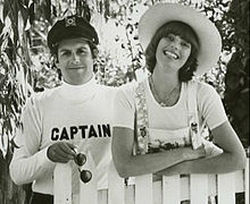 You knew it was coming! With SiriusXM's limited-run YachtRock channel burning up the airwaves, Yacht Rock hasn't been this popular since 1983. We're talking, of course, about the smooth sounds of Michael McDonald, Captain & Tennille, Christopher Cross, and other late 70s/early 80s soft rock giants. Music to chain-smoke to. Music to "not get civil rights" to. Music to play in the background while you spend idle days on a yacht. It's not necessarily music for the wealthy, but it is music for people who don't try very hard. Is Yacht Rock fascist? Of course! But don't make the mistake of conflating Yacht Rock and fascist music into one. Yacht Rock is a type of fascist music - and yes, all Yacht Rock is definitionally fascist - but doesn't represent the full breadth of fascist music. Fascist music includes post-prime rock by legacy artists, aggressively power-hungry music, selling out, corporate music, facelessness, suffocation, and more. Yacht Rock represents a great dimension of fascist music: the brown-stained, corporate, sinister, idle, daft music of the shittiest 10 years of the 20th century. But there's more. Enjoy the waning days of the YachtRock channel on SiriusXM. Then check back in with us to see what fresh hell we can get into. Thought experiment: It's 1985. Huey Lewis needs to tell you about this incredibly powerful thing. Stronger than diamonds, steel, money, fame, credit card, and a bad girl's dream. (Which, by the way, clever.) This force is sudden and cruel, and can make you sad and mad, but might just save your life. Oh, and he wants to discuss all this over horn-and-synth 80s serial-killer music. Would you say that this sounds remotely fascist to you?
Ah, the ludicrous stylings of Toto. As a preliminary matter, it's worth noting that the band itself is supremely fascist in concept and execution. With Toto (Latin for "total"), we have a collection of faceless Los Angeles-based "ace session musicians" who decided, amid the most fascist era in rock history (the late 1970s, which was so overwhelmingly oppressive that it gave rise to punk) to max out the corporate card. Toto's music is so self-evidently fascist that there's not much novel insight to share. The album art merits comment, however. First thing you notice: They like swords. On their eponymous 1977 album, the sword is exalted in space, framed by some kind of medieval family crest, and shrouded in purple steam. This album cover so completely hews to fascist principles that it seems to anticipate the existence of FASCISTMUSIC.com. (Side note: What was the space fascination in so many late-70s albums? No wonder two generations thought corporate rock was for losers. Millennials, of course, don't collect albums, so they can enjoy Journey's and Boston's tasty jams without the disqualifying images.)
The sword theme continues on their most popular album (the one with "Africa"), IV, and so does the enwreathment theme, with golden rings surrounding the sword against a blood-red background. If there's one thing a fascist likes as much as violence and oppression, it's golden rings. We feel the impulse to genuflect before this album cover. Don't you worry: There are swords on most of Toto's remaining albums, including its greatest hits packages. But I wanted to show some other sides to Toto. The "Africa" single initially seems like a refreshing blast of liberty, and in some ways it is. Look, it's the guys! Yes, it's nice to see some faces. But there are six of them, not a great sign (in toto, 45 souls have cycled through this "band"), and who knows who any of them are, and they look like Scarface extras. Still, that's the look of the era, so let's be generous. And look, Africa! They care, right? Well, let me stop you there. They blessed the rains down in Africa. Gods of a primitive continent, right? Is there another interpretation? And look at that "Africa" font, stamped like a C.A.R.E. package. We need to move on. Finally, we have Toto's sad 1999 effort -- aren't they all? -- Mindfields. This Matrix agent is peering into your mind, of course, and the world is warped, and all he sees in your mind are fields. There's some Asian writing for some reason. All this is disturbing, albeit in a stupid way. Toto is again trying to intimidate us with their fascism, and the fact that they fail does not detract from the darkness of their attempt. Let's start with a little background on what ZZ Top was. If you're like I was as a kid, you probably only know ZZ Top as the guys with the beards who are listed last on jukeboxes. Their legacy is oddly null, which is surprising because their history is rich and, for one world-beating period in the mid-1980s, undeniably fascist.
Against this background, 1983's Eliminator was a revelation. They kept their heavy guitars, but organic drums were replaced by clinical synthesized blips, the songs got a glittery production sheen, and these middle-aged bearded guys started showing up on a nascent MTV as mysterious kingpins, singing about cocaine and Great Danes and often bestowing magic on young people with the help of a 1930s Ford (the "Eliminator" shown on the album cover).
In addition to the musical coup d'etat, some fascist commendation is in order for the album titles: Eliminator, Afterburner, and Recycler. Generations have been satisfied with the explanation for the Eliminator album title being, "It's the name of the car." As explanations go, that's insane. The car didn't have to be on the cover. Even granting the cover to the car, it doesn't necessarily follow that they'd name the album after the car. Cars have names? Why were they messing with a 1930s Ford at all? Did it have significance other than being the magic car from the videos? Did they conceive of the videos before coming out with the album? Was the car, in fact, magic? So many questions, with the only clear fact being that the conventional explanation is no explanation at all. "Eliminator" was a consciously chosen word, and it's about the most fascist one they could have chosen. "Afterburner," I guess, is how the machine continues to operate even though freedom fighters have unplugged it. And "Recycler" is a similarly inscrutable title, eliciting a forboding, metallic sense of unstoppable automation and repetition. (It helps that the members of ZZ Top are presented on the album cover as shadowy thugs.) Again, ZZ Top consciously selected each of these titles. No explanation seems to make sense except their desire to further their own fascist narrative. Which they did, to their lasting credit.
|
What is fascist music?In Dave Marsh's 1979 review of Queen's Jazz, he wrote, "Indeed, Queen may be the first truly fascist rock band." No other word so neatly expresses supremacy of the powerful and devaluation of the individual. Archives
August 2022
Categories
All
|
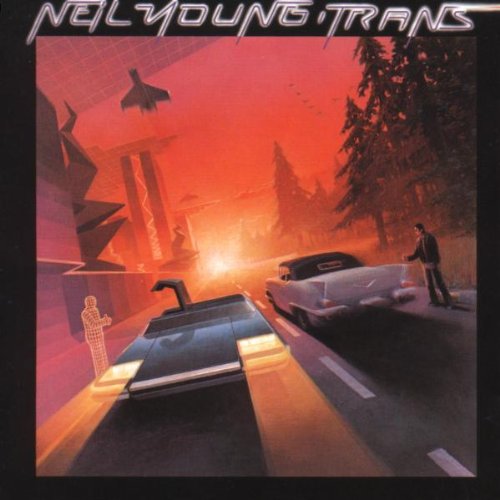
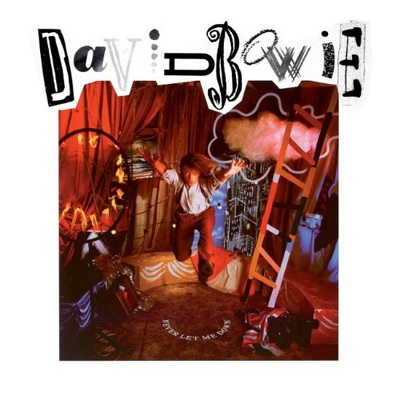
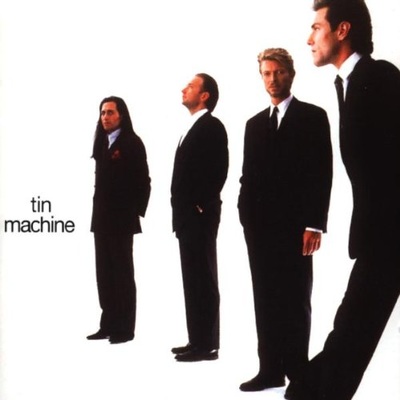
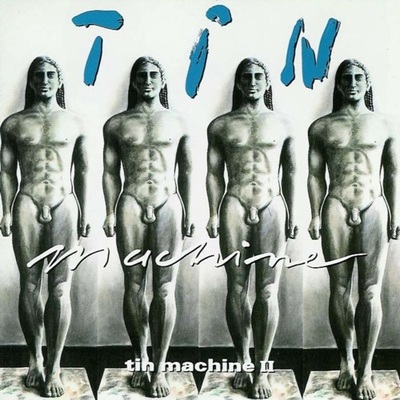
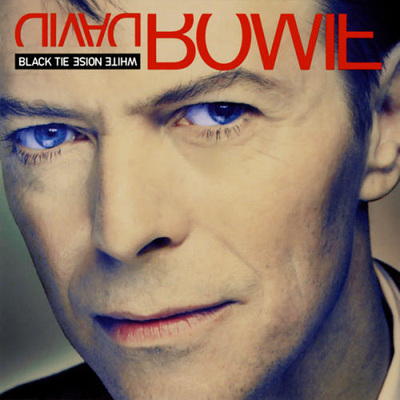
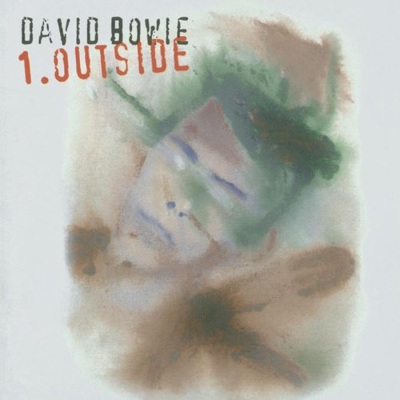
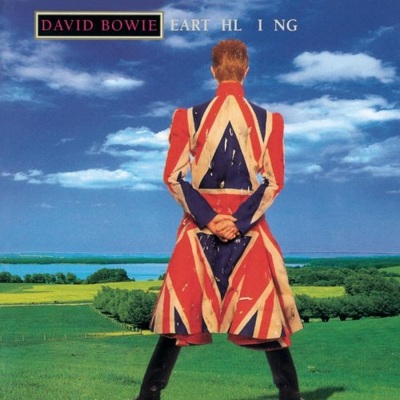
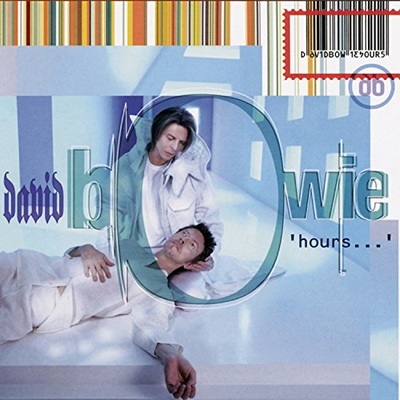
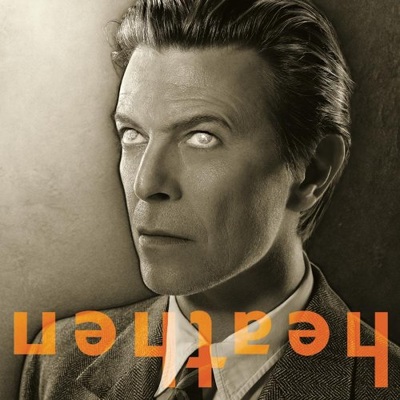
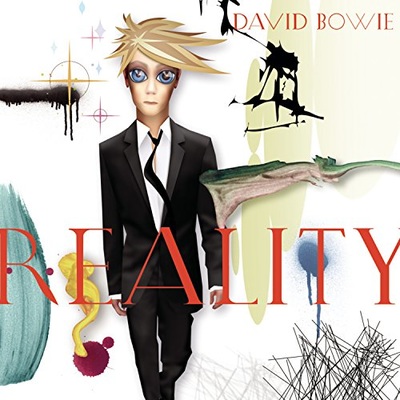
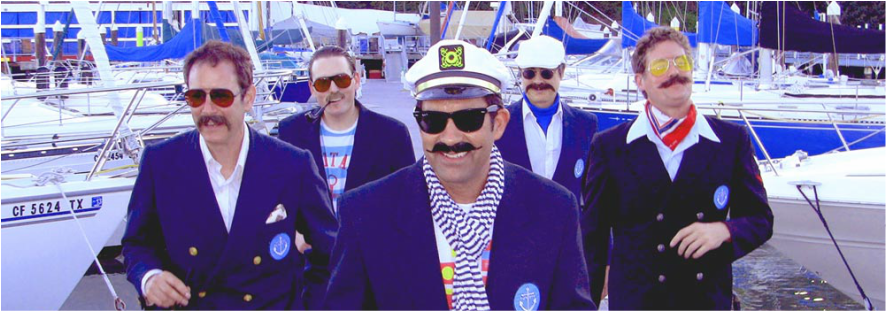
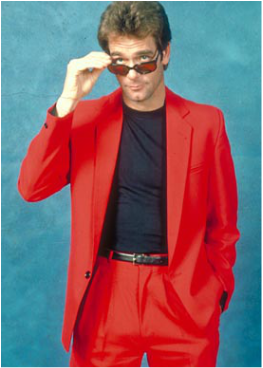
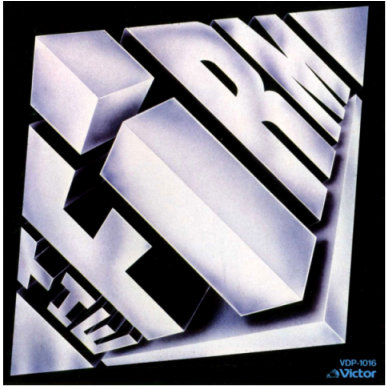
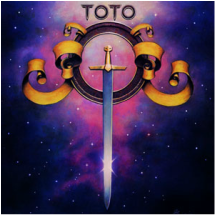
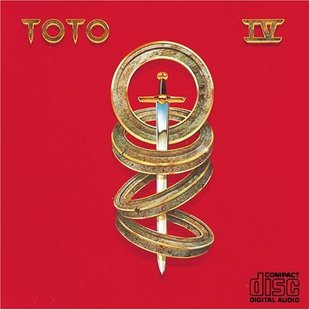
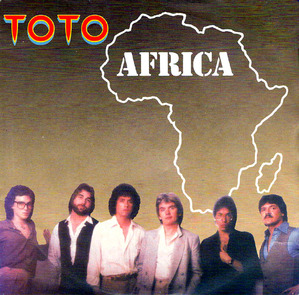
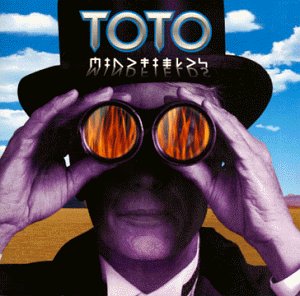
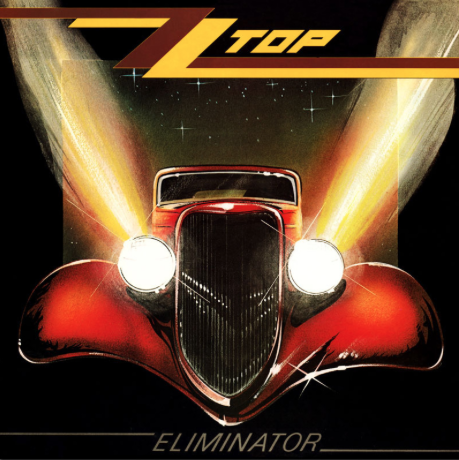
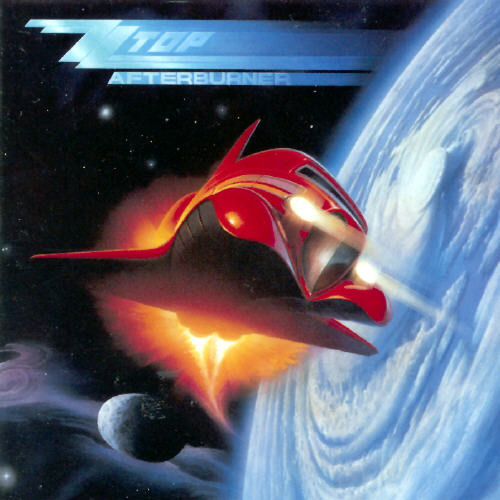
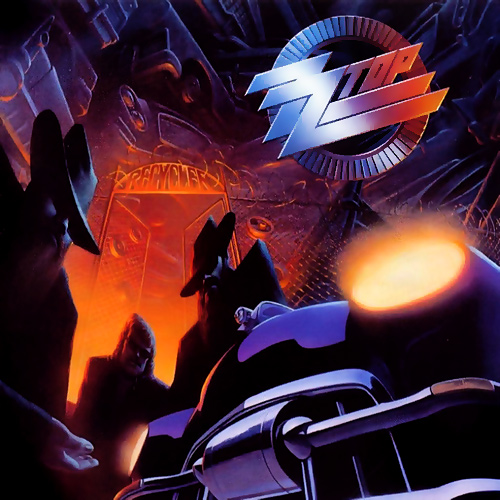
 RSS Feed
RSS Feed
